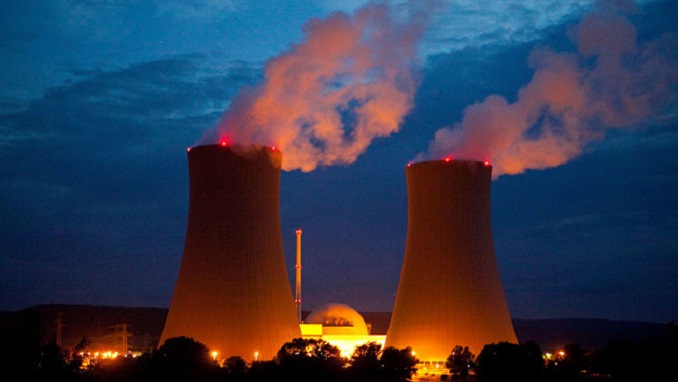The UK authorities have developed an energy security strategy to increase the country’s independence from fuel and energy supplies, the UK Department of Business, Energy and Industry said in a statement.
The Prime Minister’s plan boosts UK energy security in the wake of rising global energy prices and volatility in international markets.
The strategy outlines how the UK will accelerate the adoption of wind, new nuclear, solar, and hydrogen technologies while supporting domestic oil and gas production in the near term, leading to 95% of electricity being produced low-carbon by 2030.
The strategy is expected to lead to a significant acceleration in the use of nuclear energy to obtain up to 24 GW of energy from this source by 2050 – about 25% of the projected electricity demand.
In addition, a new government body, Great British Nuclear, will be set up to promote new projects, and Britain will launch a £120 million Future Nuclear Fund this month.
“We will work to get several projects up and running this decade as soon as possible, including the Wylfa site in Anglesey, Wales. This could mean bringing up to eight reactors into operation, equivalent to one reactor per year instead of one per decade, which will speed up development of nuclear energy in the UK,” the Ministry of Energy said.
The British authorities also expect to receive up to 50 GW from offshore wind farms by 2030, and launch a licensing round for new oil and gas projects in the North Sea this fall. In addition, Britain intends to increase the current solar energy capacity of 14 GW by five times by 2035.
“We are developing ambitious plans to scale up and accelerate the production of affordable, clean, and safe UK-generated energy – from new nuclear power to offshore wind power – over the coming decade. This will reduce our dependence on energy sources subject to volatile international prices that we we can’t control and we can enjoy more energy self-sufficiency at lower bills,” British Prime Minister Boris Johnson said.
“Expanding cheap renewable energy and new nuclear technologies while maximizing production in the North Sea is the best and only way to ensure our energy independence in the coming years,” said Business and Energy Minister Kwasi Kwarteng.

